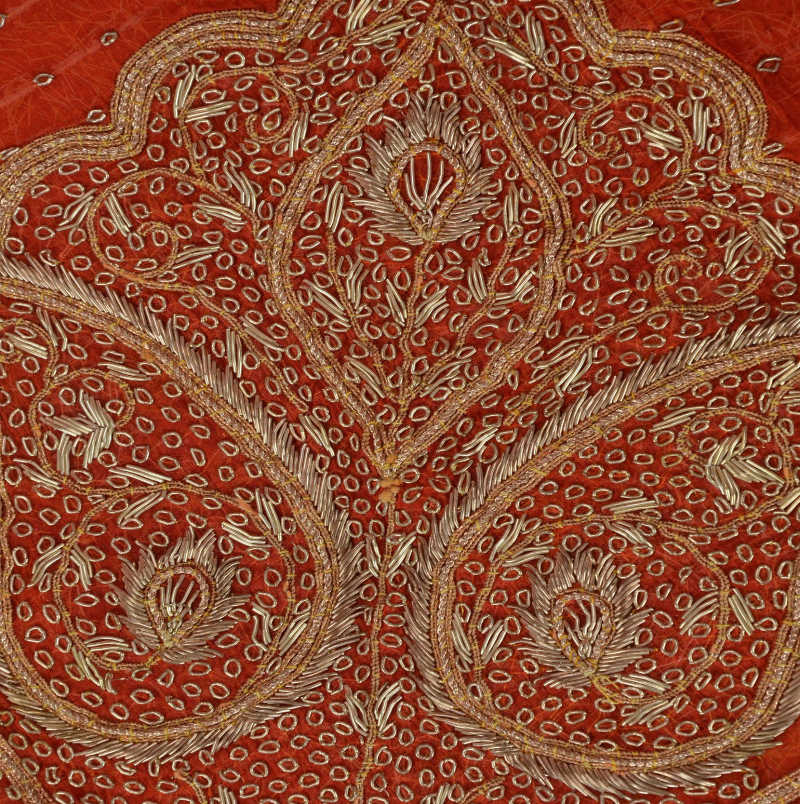===
0584,
4
===

=== |
 |
FWP:
For more verses that use the striking image of the bent back of old age, see the supreme example,
{17,8}.
Note for grammar fans: There ought to be an 'of' in the first part of the second line, so that the embrace could be empty/devoid 'of' advantage or benefit from you. But it's not there, so we have to take the line as colloquially abrupt rather than grammatically polished.